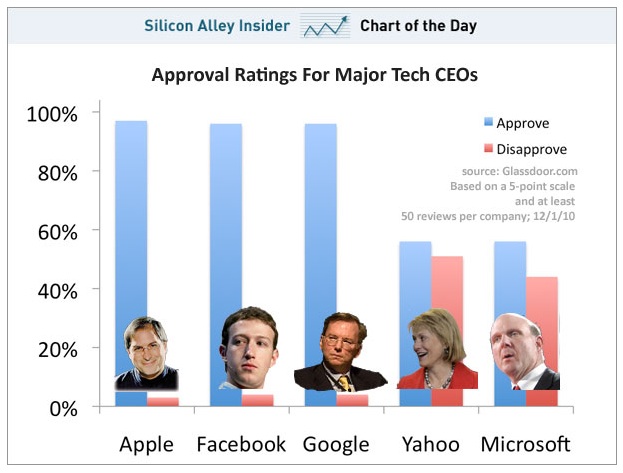Significant setback in Google’s path to world domination. CNET News reports that
Adding another chapter to a long, drawn-out legal saga, a New York federal district court has rejected the controversial settlement in a class-action suit brought against Google Books by the Authors Guild, a publishing industry trade group.
“While the digitization of books and the creation of a universal digital library would benefit many, the ASA would simply go too far,” a court document explains. “It would permit this class action–which was brought against defendant Google Inc. to challenge its scanning of books and display of ‘snippets’ for on-line searching–to implement a forward-looking business arrangement that would grant Google significant rights to exploit entire books, without permission of the copyright owners. Indeed, the ASA (Amended Settle Agreement) would give Google a significant advantage over competitors, rewarding it for engaging in wholesale copying of copyrighted works without permission, while releasing claims well beyond those presented in the case.”
The settlement would grant Google the right to display excerpts of out-of-print books, even if they are not in the public domain or authorized by publishers to appear in Google Books. When the settlement was initially announced in mid-2009, opposition flooded in from lawyers on behalf of Microsoft, the Electronic Frontier Foundation, and a coalition called the Open Book Alliance who decried it as anticompetitive.
“Google and the plaintiff publishers secretly negotiated for 29 months to produce a horizontal price fixing combination, effected and reinforced by a digital book distribution monopoly,” a lawyer for the Open Book Alliance said at the time. “Their guile has cleared much of the field in digital book distribution, shielding Google from meaningful competition.”

